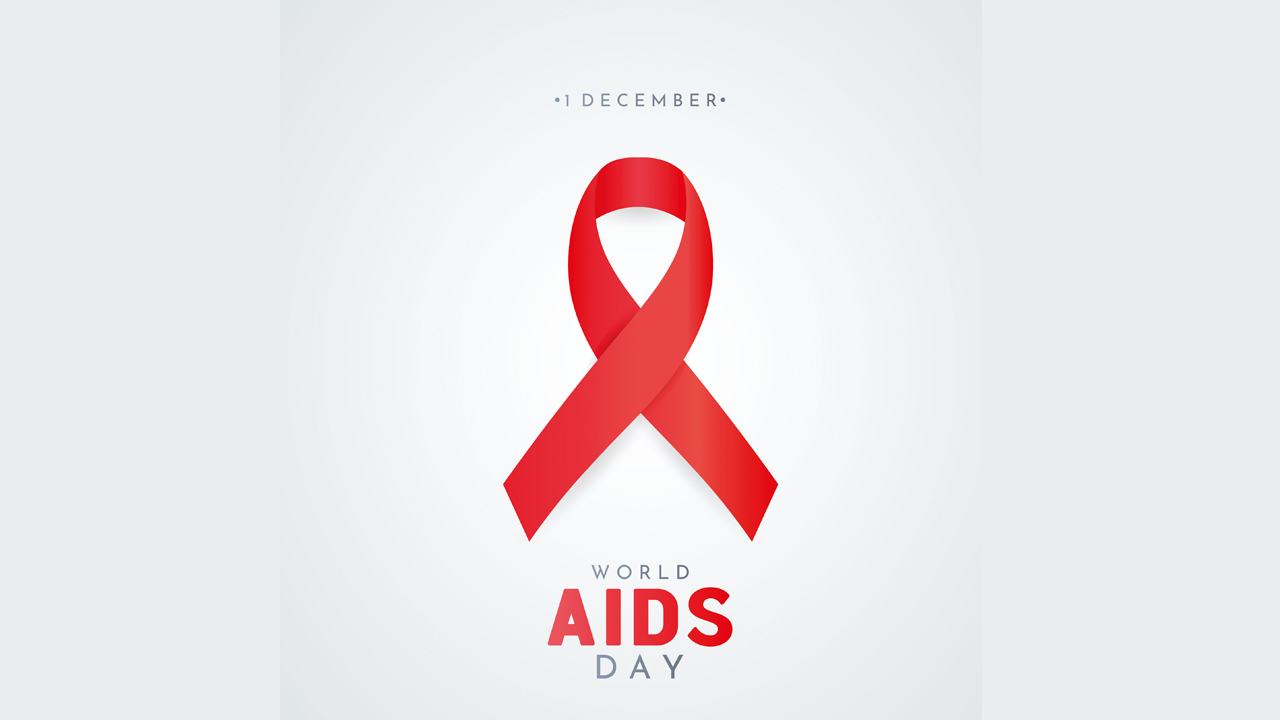In Campaigns
Follow this topic
Bookmark
Record learning outcomes
World AIDS Day has taken place on the 1 December since 1988. The global movement aims to unite people in the fight against HIV and AIDS.
In the UK, there are over 105,000 people living with HIV and there is an estimated 38 million people living with the virus globally. In the past 40 years, over 35 million people have died of HIV or AIDS related illnesses making it “one of the most destructive pandemics in history”, according to the National AIDS Trust.
About HIV and AIDS
The National AIDS Trust defines HIV as:
- HIV (Human Immunodeficiency Virus) is a virus which attacks the immune system. It stays in the body for life, but treatment can keep the virus under control and the immune system healthy. Without medication people with HIV can develop AIDS.
And AIDS as:
- AIDS (Acquired Immune Deficiency Syndrome) is the most advanced stage of an HIV infection when the immune system can no longer fight infections. Someone with AIDS has both HIV and at least one of a specific list of 'AIDS-defining' diseases, which include tuberculosis, pneumonia and some types of cancer. AIDS is life-threatening, but if HIV is caught early and is treated, it will not lead to AIDS. If HIV is caught late, it can lead to more complications and could ultimately lead to AIDS. That is why it is so important to get tested early if you have been at risk of HIV, as it will mean that you can access treatment that will prevent you from ever getting AIDS.
Though there have been significant medical advances for both HIV and AIDS, including those with the HIV virus living a long and healthy life as well as means to stop transmission for good, both conditions are still greeted with much stigma and misinformation. World AIDS Day aims to shine a light on the real experiences of people living with HIV “while celebrating the strength, resilience and diversity of the communities most affected”.
What can you do
Pharmacy teams can play a crucial role in raising awareness for World AIDS Day in the pharmacy in a number of ways. These include wearing a red ribbon, first devised in 1991, which has become a well-known symbol. It is “worn to signify awareness and support for people living with HIV”.
Pharmacy teams can also raise awareness or fundraise for the National AIDS Trust and find out ways to get involved here.
“The UK Government has set a goal of ending HIV transmissions by 2030. This is possible, but not without continued fight for political leadership, investment and a commitment to ending stigma and injustice. Stay up to date on our work to make this a reality,” adds the organisation.
“You can also support our work by donating to National AIDS Trust. We rely on your support to continue championing the rights of people living with HIV.”

